1. Prohibition of Non-Academic Part-Time Employment
All postgraduate students are prohibited to take part-time employment outside school; should there be any extenuating circumstance students must apply for approval and extension of attendance.
2. Credits Requirement for Qualification
(1) Students in Master’s program must complete and pass 36 credits, including compulsory courses, fundamental courses, and major and elective courses in the specific field of study, as well as submitting the recognized English proficiency certificate obtained during their studies at the GIUP to fulfill the graduation requirement. Master students have to follow the regulations of the curriculum and credits stipulated by the GIUP of the same academic year they are admitted to.
(2) New students with no prior degrees in urban planning or relevant fields, or having never taken the course ‘Urban Planning in Practice’, at the discretion of the committee of GIUP, must complete and pass the course ‘Introduction to Urban Planning and Practical Exercise’ (0 credit) in the first semester in order to graduate.
(3) Master students at GIUP may take courses at other Master’s or Doctoral programs as their elective courses.
4. Establishing advisory relationship with the thesis advisor
As graduate students would like to establish advisory relationship with advisors, there should be at least one thesis advisor who is full-time faculty at the GIUP. Each faculty member of the GIUP should supervise no more than five Master’s students of the same grade in principle.
5. Thesis Exams
(1) There are three stages of the thesis exams: thesis proposal assessment, preliminary thesis assessment and degree examination; the latter two are in the form of an oral exam.
(2) Thesis Proposal Assessment:
① Master students should submit two copies of their thesis proposal with the advisor’s signature attached to the GIUP Office by the 30th of June every year. (Students who take dual degree program at The University of Manchester may submit their proposal by the 31st of July every year) Students are not allowed to take pre-defense and thesis defense without completing thesis proposal review.
② A thesis proposal may be delivered to a non-NTPU faculty member for review after the GIUP committee’s approval. There are four levels of evaluation: “encouraged to proceed,” “revised to proceed,” “revised for further review,” and “not encouraged to proceed.” If a thesis proposal is considered “revised for further review,” the student should submit to the GIUP committee in two weeks two copies of the revised proposal with the advisor’s signature attached, and may be able to proceed his or her thesis after the GIUP committee’s approval. If a thesis proposal is regarded “not encouraged to proceed,” the student should submit in four weeks two copies of revised proposal with the advisor’s signature attached to the GIUP committee for the second review. For those whose proposals are evaluated “not encouraged to proceed” after the second review, or those who fail to submit thesis proposals by the 30th of June, students should re-apply for thesis proposal review at the first day of class of the second semester in the next academic year. The review process remains the same; students have to go through the proposal review till their proposals are regarded “pass.” However, the re-application for proposal review should not be later than the first day of class of the second semester at the applicant’s last year of study.
③ A thesis proposal should include research motivation and purpose, the scope of study and research content, literature and methodology review, research design and procedure, research materials and data analysis, and expected research findings or outcome.
(3) Preliminary Thesis Assessment:
① Master students could apply for pre-defense only after they pass the thesis proposal review. Pre-defense should be held in the following semester of which semester the proposal review is marked pass, and should be taken place before the 31st of May or the 30th of November. Master students should register at the GIUP Office for pre-defense a week prior to the date for holding pre-defense, and should have one pre-defense committee member or more, who are recommended by the thesis advisor. Master students who cannot complete pre-defense before the afore-mentioned date should defer their pre-defense till the following semester. However, the interval between pre-defense and thesis defense should be more than two months; the day for holding pre-defense should not be later than the first day of class of the second semester at the applicant’s last year of study. If there is any special case, the Master student, after his or her advisor’s approval, may propose to the GIUP committee for exemption from the two-month interval. Only granted by the GIUP committee could the student take thesis defense within two months from the date which he or she passes the pre-defense.
② Pre-defense should be held in public at which GIUP is located. Master students who do not pass pre-defense are not allowed to conduct thesis defense.
③ If a pre-defense is considered “not suggested to have thesis defense in the same semester” after the evaluation of thesis advisor and pre-defense committee members, the student is not allowed to propose his or her thesis defense at the same semester.
(4) Degree Examination
After successfully passing the preliminary thesis assessment and being approved by the supervisors, students may apply for the degree examination in accordance to the school regulations.
6. Proof of Language Proficiency(In order to graduate students need to obtain one of the following certificates of proficiency in a foreign language):
- Test of English as a Foreign Language: iBT TOEFL grade of 61 or above, CBT TOEFL grade of 173 or above, or PBT paper-based test grade 500 or above
- International English Language Testing System (IELTS): grade of 5.5 or above
- Test of English for International Communication (TOEIC): grade of 600 or above
- General English Proficiency Test (GEPT): First Stage of High-Intermediate Level
- Bachelor’s degrees or above from universities in English-speaking countries
- Japanese Language Proficiency Test: N3 or above
- Any other certificates of foreign language proficiency approved by the committee of GIUP.
In place of the above-listed certificates, students may take the course ‘Advanced English’ (0 credit, 2 hours per week) at the GIUP, or a relevant course in urban planning taught in English by overseas lecturers in our college; students having successfully completed and passed either of the two fulfill the criteria of language proficiency for graduation.
※In case of any discrepancy or inconsistency, the Chinese version of the Regulations Governing Graduate Students of the Graduate Institute of Urban Planning shall prevail.


